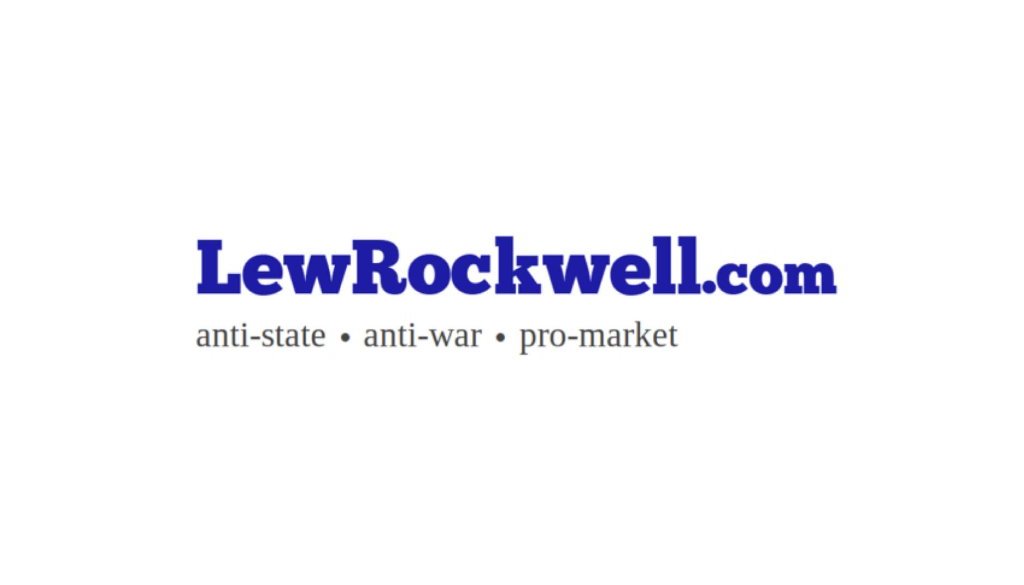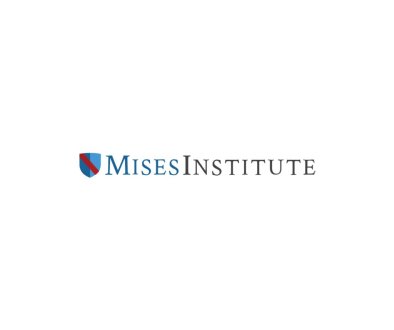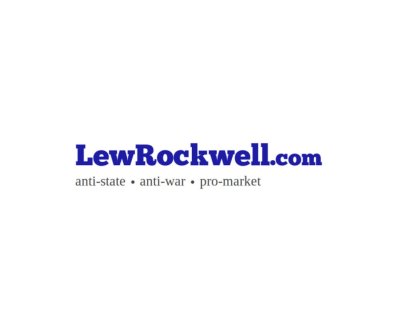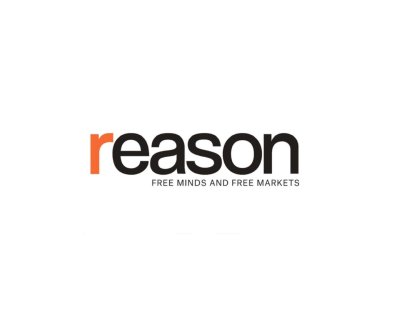Benedict and Francis: A Tale of Two Fathers
I was nearly ten years old when Pope St. John Paul II died. I remember watching his funeral on the tiny television in the corner of our kitchen. Being so young, I had no significant grasp of who the Polish pope was—and never could have imagined that, some years later, my Polish wife and I would tour the very Kraków where Karol Wojtyła had served as archbishop. But I knew that he was the Holy Father and had a sense, in that moment, that I was witnessing the passing of a great man. Thus, I cried.
Nearly a decade later, I was sitting in a classroom at the Christian academy I attended for high school when my Catholic teacher told us that Pope Benedict XVI was resigning. We dragged the television into the room to watch news coverage of this historic event. I knew Benedict XVI better than I had known John Paul II and, thus, loved him more, but he was still really the only pontiff that I had ever known.
I had grown up with him, under his paternal care. I wanted to read his books and encyclicals and, when I was a little older, I did. I went to Mass in Washington, D.C., when he made his first apostolic visit to the United States and contented myself with a bumper sticker from the event when I couldn’t afford a t-shirt. When he resigned, I didn’t understand what was happening; and I didn’t cry. If I could have had even a glimpse of the next twelve years, I’m sure I would have.
Over the course of the succeeding twelve years, I briefly fell away from practicing my faith—as many of us are wont to do in our youth—before dutifully returning to the Church. I really began taking my Catholic faith far more seriously in 2018, during the “Summer of Shame.”
Article from LewRockwell

LewRockwell.com is a libertarian website that publishes articles, essays, and blog posts advocating for minimal government, free markets, and individual liberty. The site was founded by Lew Rockwell, an American libertarian political commentator, activist, and former congressional staffer. The website often features content that is critical of mainstream politics, state intervention, and foreign policy, among other topics. It is a platform frequently used to disseminate Austrian economics, a school of economic thought that is popular among some libertarians.




